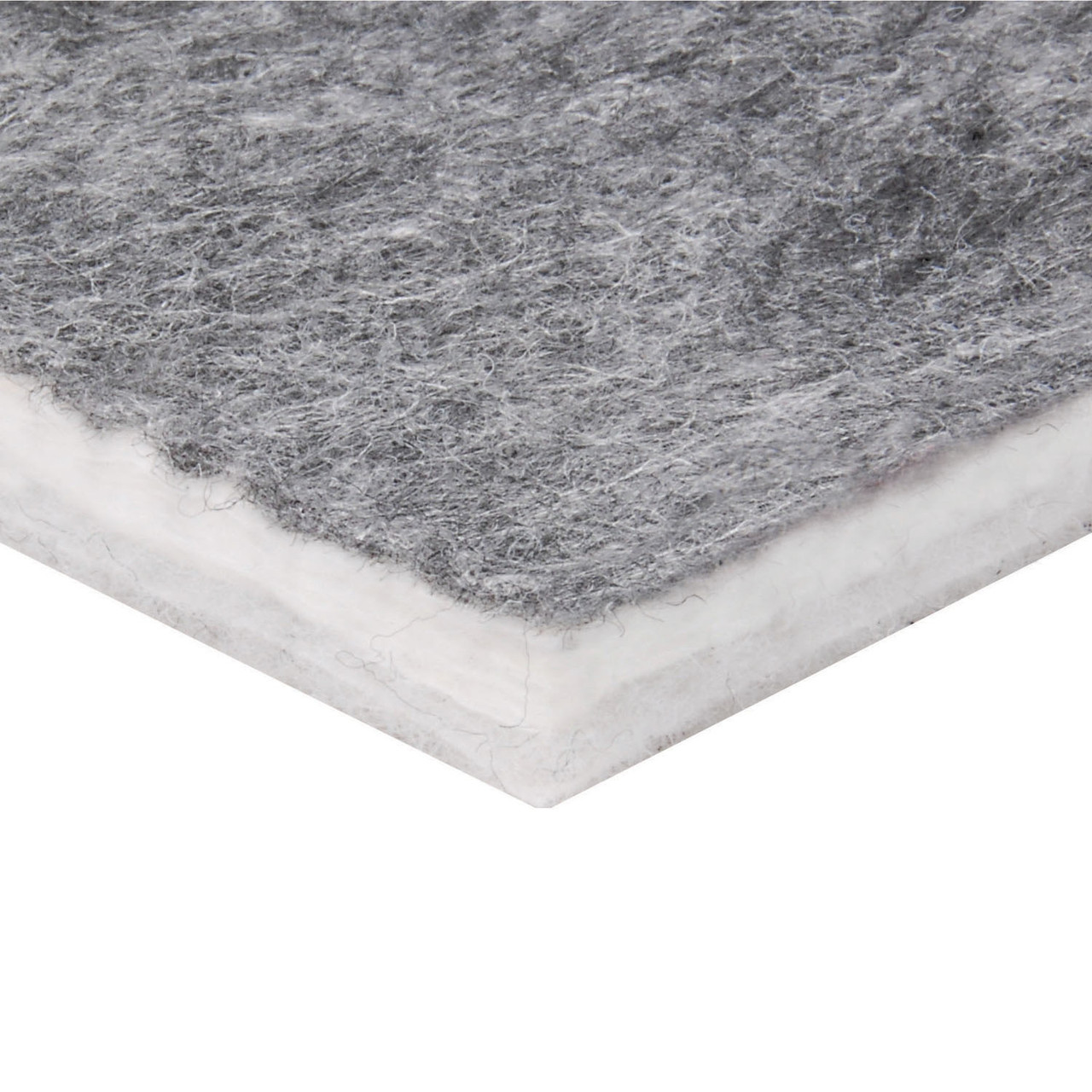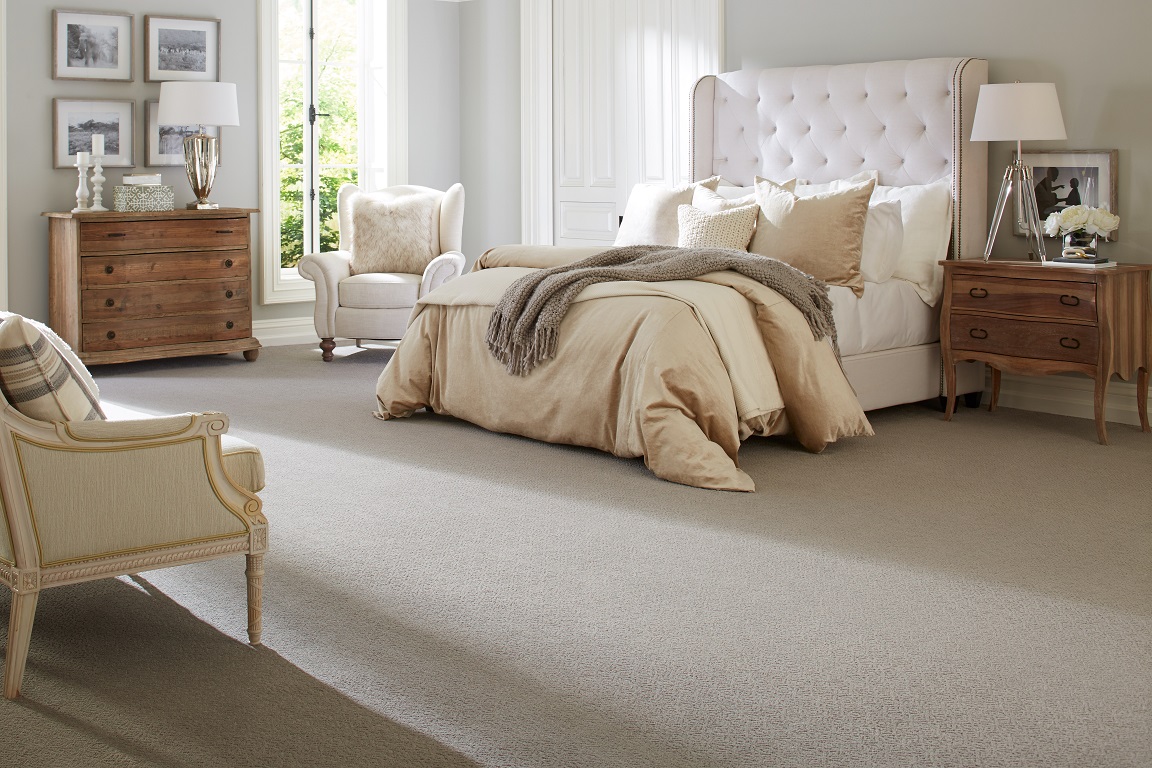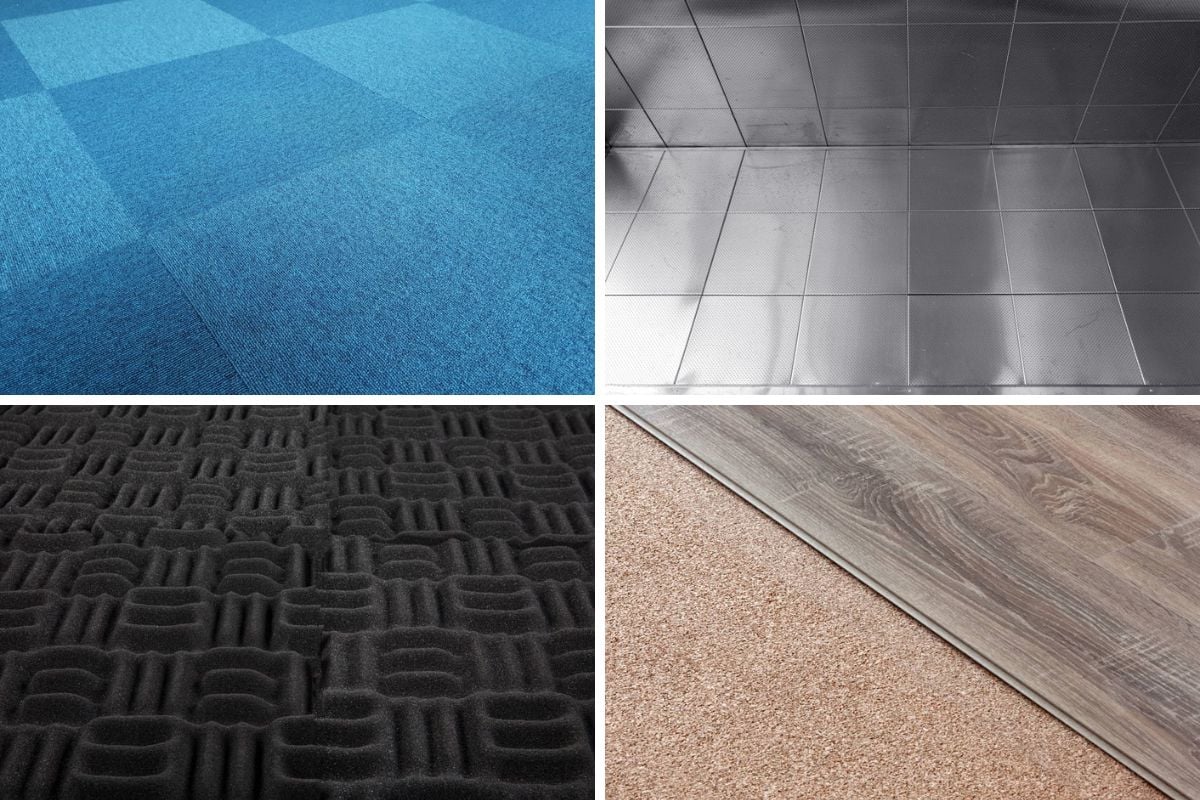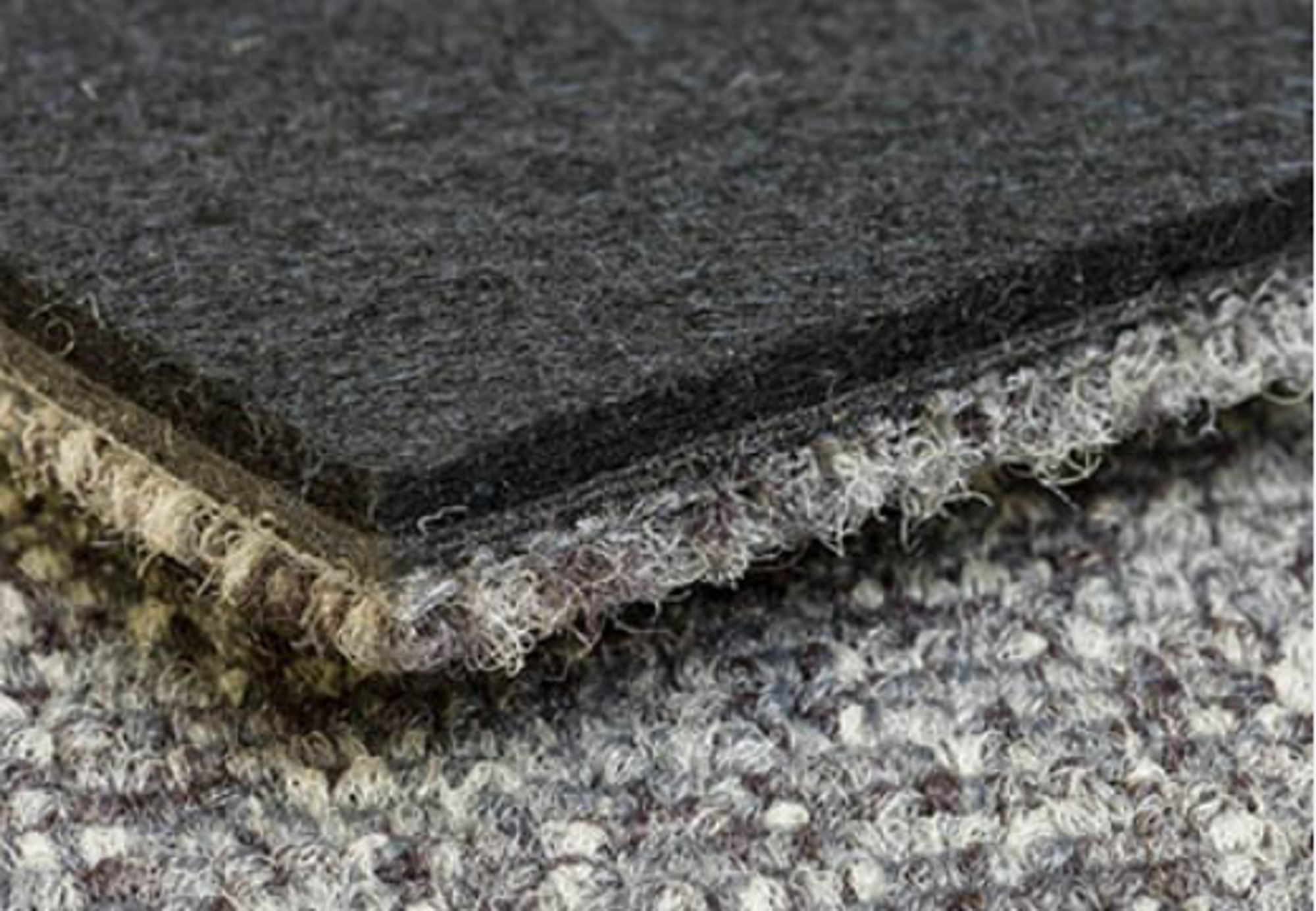Acoustic properties play an important role in the design and construction of buildings, particularly in spaces where noise reduction is necessary. Carpets are often used as a flooring material in residential and commercial buildings, but how effective are they at absorbing sound? In this article, we will explore the acoustic properties of carpet flooring and how it affects sound absorption.
The Basics of Sound Absorption
Before we delve deeper into the topic, it is important to understand the basics of sound absorption. When sound waves hit a surface, they are partly absorbed, reflected, or transmitted through the material. The amount of sound absorbed depends on the surface’s characteristics, such as its texture, shape, and density. A surface with high absorption characteristics will convert most of the sound energy into heat, reducing the reflected sound.
How Carpets Absorb Sound
Carpets have the advantage of being highly absorbent due to their soft texture and fibrous composition. The pile height, density, and thickness of the carpet all contribute to its sound absorption properties. Studies have shown that thicker and denser carpets have higher sound absorption coefficients, meaning they are more effective at reducing noise levels in a room. This is because the fibers in the carpet trap sound waves and convert them into heat.

Comparing Carpets to Other Flooring Materials
Carpet flooring is not the only material used for sound absorption in buildings. Other materials such as wood, tile, and concrete can also be effective at reducing noise levels. However, carpets have the advantage of being more efficient at absorbing high-frequency sounds, which are often more challenging to reduce. Additionally, carpets have the added benefit of providing thermal insulation, which can help reduce energy costs.
Factors That Affect Sound Absorption
While carpets are highly effective at absorbing sound, there are several factors that can affect the level of absorption. One such factor is the type of backing used in the carpet. Carpet with a thick, soft backing will have higher absorption properties compared to a thin, hard backing. Additionally, the installation method can also impact sound absorption. Carpet installed over a thick, cushioned underlay will have better absorption than carpet glued directly to the floor.

The Impact of Carpet Design on Sound Absorption
In addition to the physical characteristics of carpet flooring, the design and pattern of the carpet can also affect its sound absorption properties. Studies have shown that carpets with a denser pile, such as those with a cut pile or loop pile construction, tend to have higher sound absorption coefficients. This is because the dense fibers provide more surface area for sound waves to be trapped and converted into heat.
Furthermore, the pattern and texture of the carpet can influence its sound absorption capabilities. Carpets with intricate patterns and textures, such as those with embossed designs or raised loops, create more irregular surfaces. These irregularities help to scatter and diffuse sound waves, enhancing the overall sound absorption of the carpet.
Room Acoustics and Carpet Flooring
When considering the use of carpet flooring for sound absorption, it is important to take into account the overall acoustic design of the room. Factors such as the size of the room, the presence of other sound-absorbing materials, and the intended use of the space can all impact the effectiveness of the carpet in reducing noise levels.
For example, in larger spaces with high ceilings, such as auditoriums or conference rooms, additional sound-absorbing materials may be necessary to achieve optimal acoustic performance. Carpets can be used in conjunction with acoustic panels or ceiling treatments to create a more balanced and controlled sound environment.

Maintenance and Longevity of Carpet Flooring
While carpets offer excellent sound absorption benefits, it is essential to consider their maintenance and longevity. Regular vacuuming and professional cleaning are necessary to maintain the carpet’s performance and prevent the accumulation of dust and allergens, which can affect air quality.
In terms of longevity, carpets can wear down over time, especially in high-traffic areas. The loss of pile height and density can impact the carpet’s sound absorption capabilities. Therefore, it is important to choose high-quality carpets and consider factors such as durability and stain resistance when selecting carpet flooring for noise reduction purposes.
Choosing the Right Carpet for Sound Absorption
When selecting carpet flooring for sound absorption purposes, it is important to consider several factors.
- Pile Height: Carpets with a higher pile height generally provide better sound absorption. The taller fibers create more opportunities for sound waves to be trapped and converted into heat. However, it’s important to strike a balance as extremely high pile carpets may affect mobility and cleaning.
- Density: The density of the carpet refers to the closeness of the fibers within the carpet construction. Higher density carpets tend to have better sound absorption properties as they offer more surface area for sound waves to interact with. Look for carpets with a higher weight per square yard or meter as an indication of density.
- Underlay: The choice of underlay can significantly impact the overall sound absorption capabilities of carpet flooring. Using a dense and resilient underlay beneath the carpet can enhance its ability to absorb sound vibrations and reduce noise transmission between floors.
- Acoustic Ratings: Some carpet manufacturers provide acoustic ratings for their products, indicating the sound absorption performance. These ratings can be helpful in comparing different carpet options and selecting the most suitable one for your specific needs.

Conclusion: The Benefits of Carpet Flooring for Noise Reduction
In conclusion, carpets are an effective flooring material for reducing noise levels in buildings. Their soft, fibrous composition makes them highly absorbent, particularly for high-frequency sounds. Additionally, carpets provide thermal insulation and can contribute to a more comfortable indoor environment. However, the level of sound absorption can vary depending on factors such as the pile height, density, thickness, backing type, and installation method. By considering these factors, architects and designers can choose the best flooring material to meet their acoustic requirements.
Carpets have proven to be an effective solution for sound absorption in buildings. Their soft, fibrous nature and dense construction make them excellent at trapping and converting sound waves into heat. By considering factors such as pile height, density, design, and room acoustics, carpet flooring can significantly contribute to creating quieter and more comfortable indoor environments.

However, it is important to remember that carpet flooring alone may not be sufficient for achieving optimal acoustic performance. Integrating other sound-absorbing materials and implementing proper room acoustics design principles will help maximize the benefits of carpet flooring in reducing noise levels. By striking a balance between aesthetics, functionality, and acoustic requirements, architects and designers can create spaces that are both visually appealing and acoustically pleasant.
